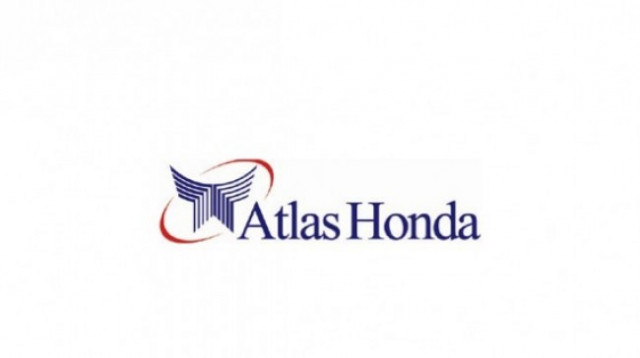Profile: Motorcycle giant planning to expand
Despite tough competition, Atlas Honda enjoying maximum market share.

Big player: 47% is the current market share of Atlas Honda in all categories due to induction of Japanese technology. PHOTO: FILE
The motorcycle industry in Pakistan has recorded strong growth over the past decade, mainly due to increased urbanisation and induction of many new players in the market who are manufacturing and providing motorbikes at much cheaper prices, but nobody has been able to beat the market leader, Atlas Honda.
Despite tough competition, Atlas Honda, a sister concern of Atlas group of companies, enjoys the lead in its 70cc and 125cc segment. Although the company faced lesser sales initially after other companies entered the two-wheeler market, the cheaper bikes helped Atlas Honda to once again boost its sales graph.
The company, which has invested to expand its production capacity up to 500,000 units, is now planning to further expand its premises adjacent to the Sheikhupura factory, but this time for painting spares and accommodating the products of vendors, who are doing business with the company worth Rs20 billion annually.

“In the last decade, the motorcycle industry of Pakistan posted a solid growth of 35%, in which 70cc bikes accounted for 80% of the total bikes produced,” said Afaq Ahmad, General Manager Research and Development Atlas Honda, while talking to a group of journalists who visited the company’s production plant at Sheikhupura.
According to Ahmad, the market share of 70cc bikes is shrinking and demand for more powerful bikes is on the rise mainly due to the interest of younger generation in powerful bikes coupled with rising demand from urban cities. Atlas Honda is still a major market player, currently enjoying 47% of the market share in all categories due to induction of Japanese technology.
The company sold 630,063 units in the 12-month period ended March 2013, up 5% compared to the corresponding period in the previous year. Total production capacity of the company is 750,000 bikes annually.
According to Ahmad, the company produced one million bikes since its inauguration in 1962 to 2002.
However, as demand rose in the beginning of this decade, the company produced another million units from 2002-2005.
“In the last two years, we have produced another million units and we expect this demand to rise further,” Ahmad added.

The company is regularly opting for technology transfers and currently 94% of the parts and accessories for all five of its products are produced in Pakistan, either in Sheikhupura or in Karachi in the company’s plants. However, the company imports raw material to manufacture these parts locally.
During the last few years, the company has introduced new models of 70cc and 100cc bikes. “In the last two years, we have localised 150 parts, which shows our commitment to the country,” he said.
Revenues of the company are also peaking. The company posted record sales of Rs42.3 billion in fiscal year 2012-13, up 11.3% compared to the previous year when they were Rs38 billion. The company attributed this to volume growth, better sales mix, cost cutting and other improvement measures.
Ahmad claims that the group contributed Rs25 billion to the national exchequer in fiscal 2012-13, out of which Atlas Honda contributed Rs8.08 billion.
The company is operating its plant at 80% efficiency to meet the demand. The company operates in two shifts, which produce a single unit after every 26 seconds. The company is producing 1,950 bikes daily in Sheikhupura and 500 bikes in its Karachi plant.
Published in The Express Tribune, December 1st, 2013.
Like Business on Facebook, follow @TribuneBiz on Twitter to stay informed and join in the conversation.











1724319076-0/Untitled-design-(5)1724319076-0-208x130.webp)






COMMENTS
Comments are moderated and generally will be posted if they are on-topic and not abusive.
For more information, please see our Comments FAQ